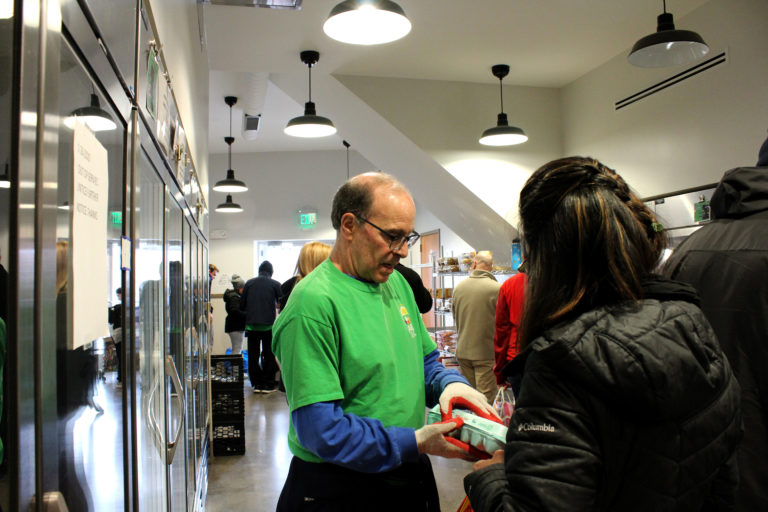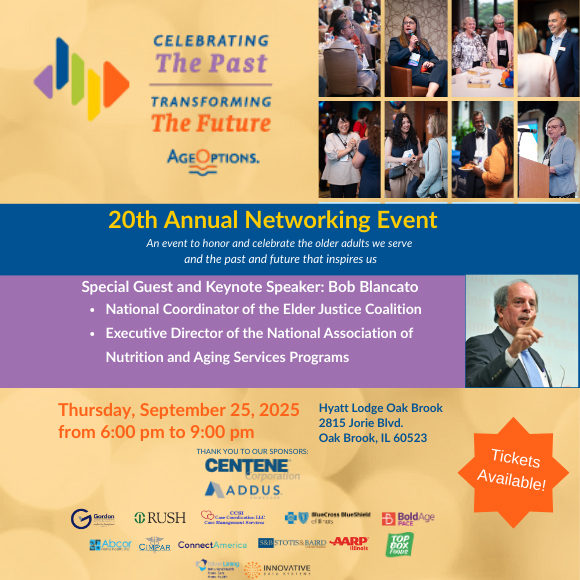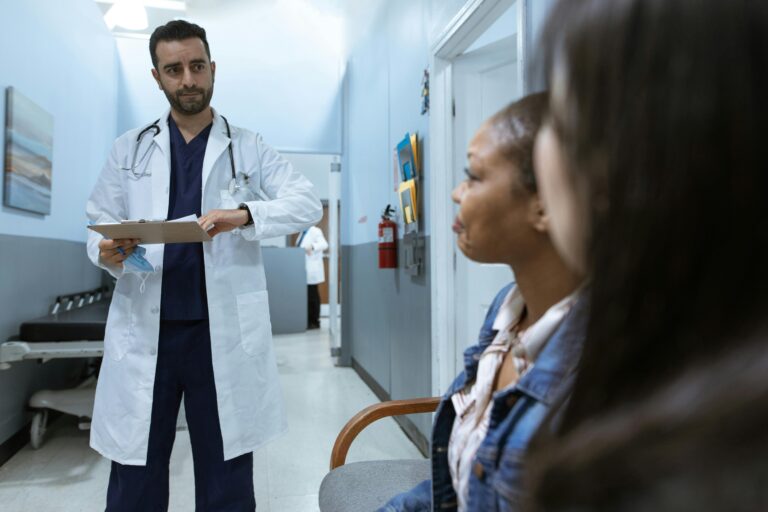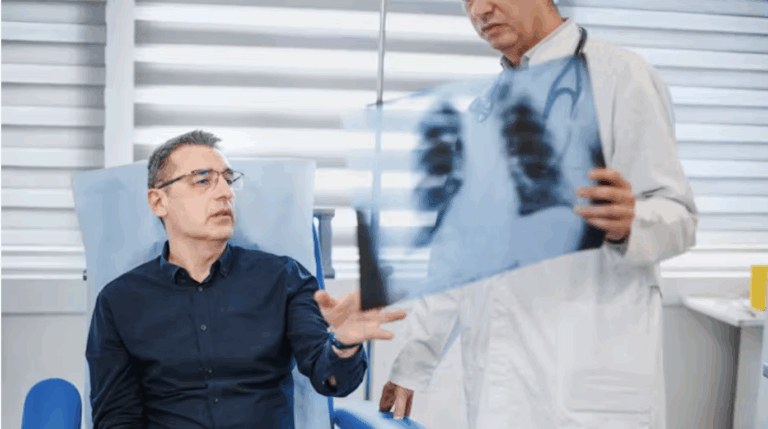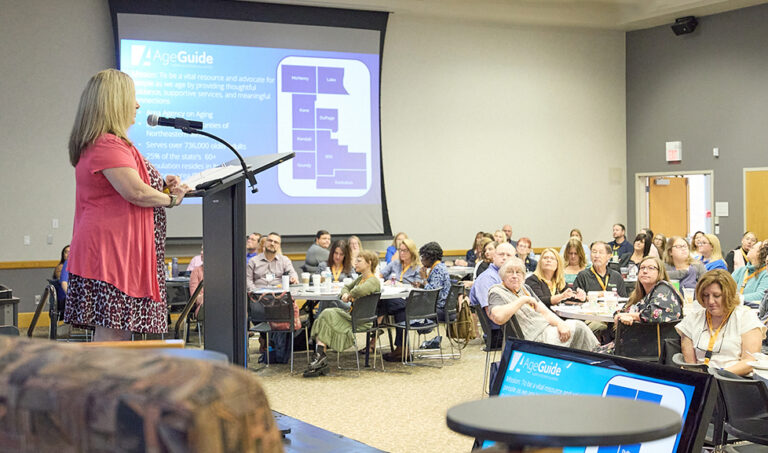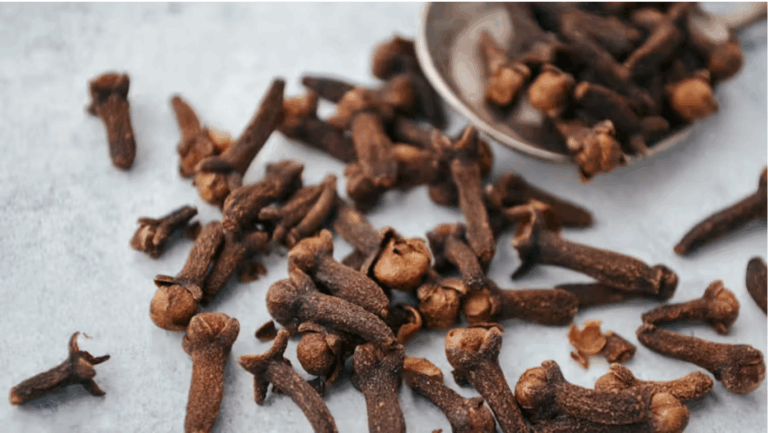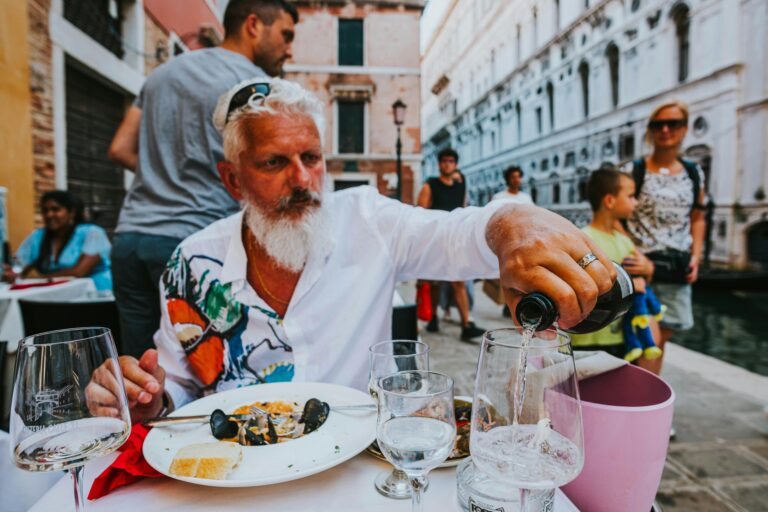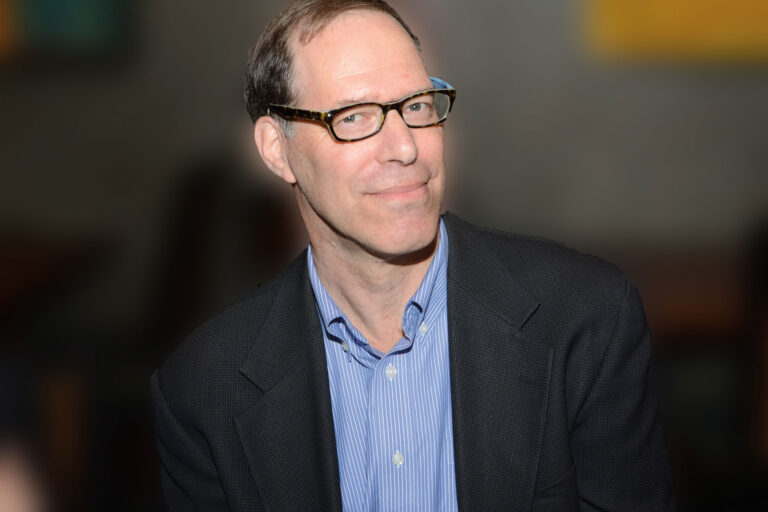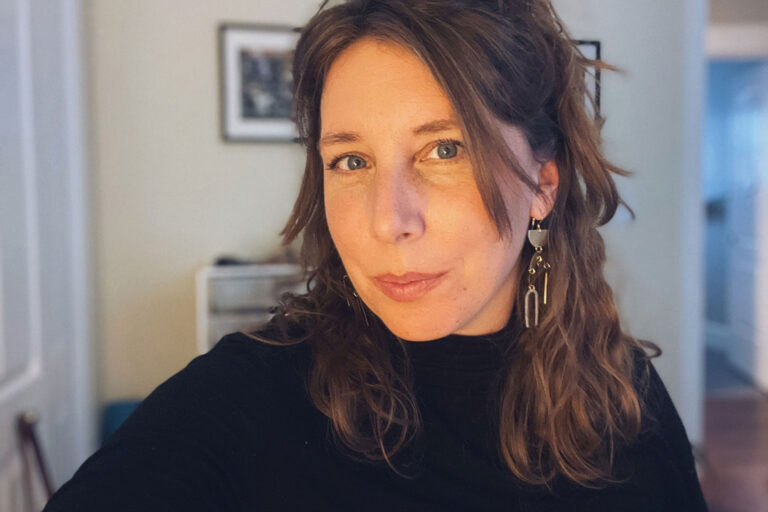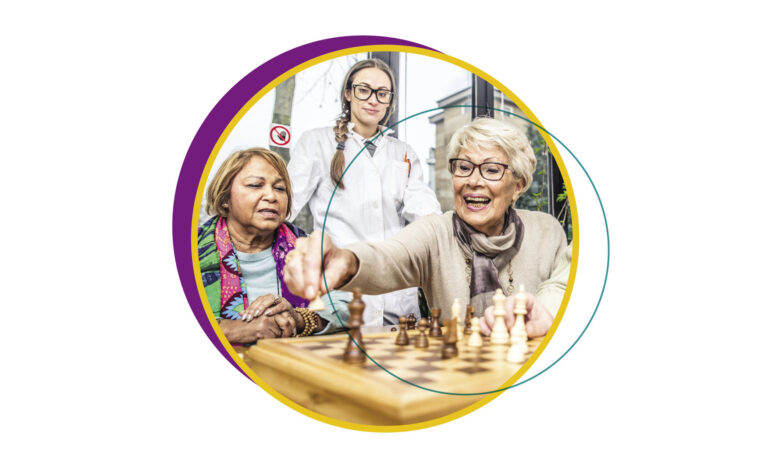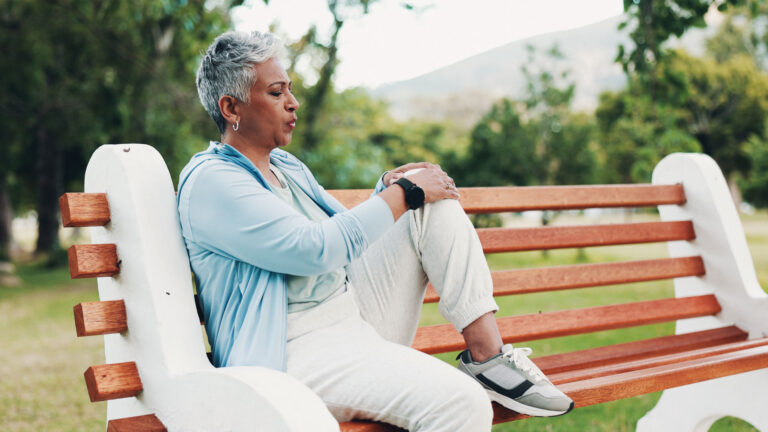Back in early January, before Covid-19 was as familiar as the furniture, I went in for my annual physical. My doctor looked at my test results and shook his head. Virtually everything was perfect. My cholesterol was down. So was my weight. My blood pressure was that of a swimmer. A barrage of blood tests turned up zero red flags.
“What are you doing differently?” he asked, almost dumbfounded.
After all, I’m a 67-year-old balding guy who had spent much of his life as a desk-bound journalist dealing with nasty ailments like hernias (in my 30s), kidney stones (40s), and shingles (50s).
I ruminated over what had changed since my last physical. Sure, I exercise more than 90 minutes daily, but I’ve been doing that for five years. And yes, I watch what I eat, but that’s not new. Like most families with college-age kids, mine has its share of emotional and financial stresses — and there’d been no let-up there.
Only one thing in my life had registered any real change. “I’m volunteering more,” I told him.
I’d been spending less time in my basement office and more time out doing some good with like-minded people. Was this the magic elixir that seemed to steadily improve my health?
All signs pointed to “yes.” And I was feeling great about it.
Then just as I realized how important volunteering is to my health and well-being, the novel coronavirus appeared. As cases climbed, society shut down. One by one, my beloved volunteer gigs in Virginia disappeared. No more Mondays at Riverbend Park in Great Falls helping folks decide which trails to walk. Or Wednesdays serving lunch to the homeless at a community shelter in Falls Church. Or Fridays at the Arlington Food Assistance Center, which I gave up out of an abundance of caution. My modest asthma is just the sort of underlying condition that seems to make Covid-19 all the more brutal.
It used to be that missing even one day of volunteering made me feel like a sourpuss. After almost eight months without it, I’m downright dour.
Science helps explain why.
“The health benefits for older volunteers are mind-blowing,” says Paul Irving, chairman of the Center for the Future of Aging at the Milken Institute, and distinguished scholar in residence at the USC Leonard Davis School of Gerontology, whose lectures, books, and podcasts on aging are turning heads.
When older folks go in for physicals, he says, “In addition to taking blood and doing all the other things that the doctor does when he or she pushes and prods and pokes, the doctor should say to you, ‘So, tell me about your volunteering.’”
A 2016 study in Psychosomatic Medicine: Journal of Behavioral Medicine that pooled data from 10 studies found that people with a higher sense of purpose in their lives — such as that received from volunteering — were less likely to die in the near term. Another study, published in Daedalus, an academic journal by MIT Press for the American Academy of Arts & Sciences, concluded that older volunteers had reduced risk of hypertension, delayed physical disability, enhanced cognition, and lower mortality.
“People who are happy and engaged show better physiological functioning,” says Alan Rozanski, MD, a cardiologist at Mount Sinai St. Luke’s Hospital, a senior author of the Psychosomatic Medicine study. People who engage in social activities such as volunteering, he says, often showed better blood pressure results and better heart rates.
That makes sense, of course, because volunteers are typically more active than, say, someone home on the couch streaming “Gilligan’s Island.”
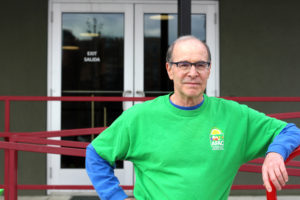
Volunteers share a dirty little secret. We may start it to help others, but we stick with it for our own good, emotionally and physically.
At the homeless shelter, I could hit my target heart rate packing 50 sack lunches in an hour to the beat of Motown music. And at the food bank, I could feel the physical and emotional uplift of human contact while distributing hundreds of gallons of milk and dozens of cartons of eggs during my three-hour shifts. When I’m volunteering, I dare say I feel more like 37 than 67.
None of this surprises Rozanski, who looked at 10 studies over the past 15 years that included more than 130,000 participants. All of them, he says, showed that partaking in activities with purpose — such as volunteering — reduced the risk of cardiovascular events and often resulted in a longer life for older people.
David DeHart, MD, knows something about this, too. He’s a doctor of family medicine at the Mayo Clinic in Prairie du Chien, Wisconsin. He figures he has worked with thousands of patients — many of them elderly — over his career. Instead of just writing prescriptions, he recommends volunteering to his older patients primarily as a stress reducer.
“Compassionate actions that relieve someone else’s pain can help to reduce your own pain and discomfort,” he says.
At age 50, he listens to his own advice. DeHart volunteers with international medical teams in Vietnam, typically two trips a year. He often brings his wife and children to help, too. “When I come back, I feel recharged and ready to jump back into my work here,” he says. “The energy it gives me reminds me why I wanted to be a doctor in the first place.”
I think of my personal rewards from volunteering as cosmic electricity — with no “off” button. The good feeling sticks with me throughout the week — if not the month.
When will it be safe to resume my volunteering activities?
I’m considering my options. The park is offering some outdoor opportunities involving cleanup, but that lacks the interaction that lifts me. I’m tempted to go back to the food bank because even Charles Dinkens, an 85-year-old who has volunteered next to me for years, has returned after eight months away. “What else am I supposed to do?” he poses. The homeless shelter isn’t allowing volunteers in just yet. Instead, it’s asking folks to bag lunches at home and drop them off. Oh, they’re also looking for people to “call” virtual games of bingo for residents.
Virtual bingo just doesn’t float my boat.
Truth be told, there is no one-size-fits-all way to safely volunteer during the pandemic, says Kristin Englund, MD, staff physician and infectious disease expert at the Cleveland Clinic. She suggests that volunteers — particularly those over 65 — stick with outdoor options. It’s better in a protected space where the general public isn’t moving through, she said, because “Every time you interact with a person, it increases your risk of contracting the disease.”
Englund said she’d consider walking dogs outside for a local animal shelter as one safe option with some companionship. “While we do know that people can give Covid to animals,” she said, “it’s unlikely they can give it back to you.”
Meanwhile, my next annual physical is coming right up in January. It’s got me to wondering if my labs will be quite as pristine as they were the last go-round. I’ve got my doubts. Unless, of course, I’ve resumed some sort of in-person volunteering by then.
Last year, an elderly woman staying at the homeless shelter pulled me aside to thank me after I handed her lunch of tomato soup and a turkey sandwich. She set down her tray, took my hand, looked me smack in the eye and asked, “Why do you do this?”
She was probably expecting me to say I do it to help others because I care about those less fortunate than me. But that’s not what came out.
“I do it for myself,” I said. “Being here makes me whole.”
KHN (Kaiser Health News) is a nonprofit news service covering health issues. It is an editorially independent program of KFF (Kaiser Family Foundation), which is not affiliated with Kaiser Permanente.

